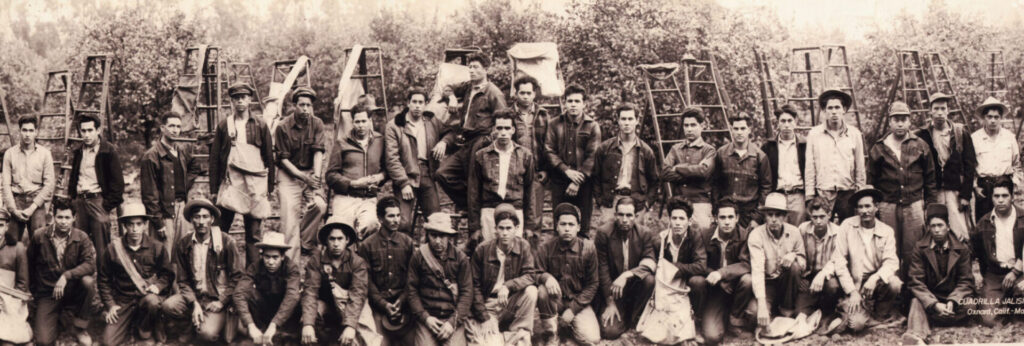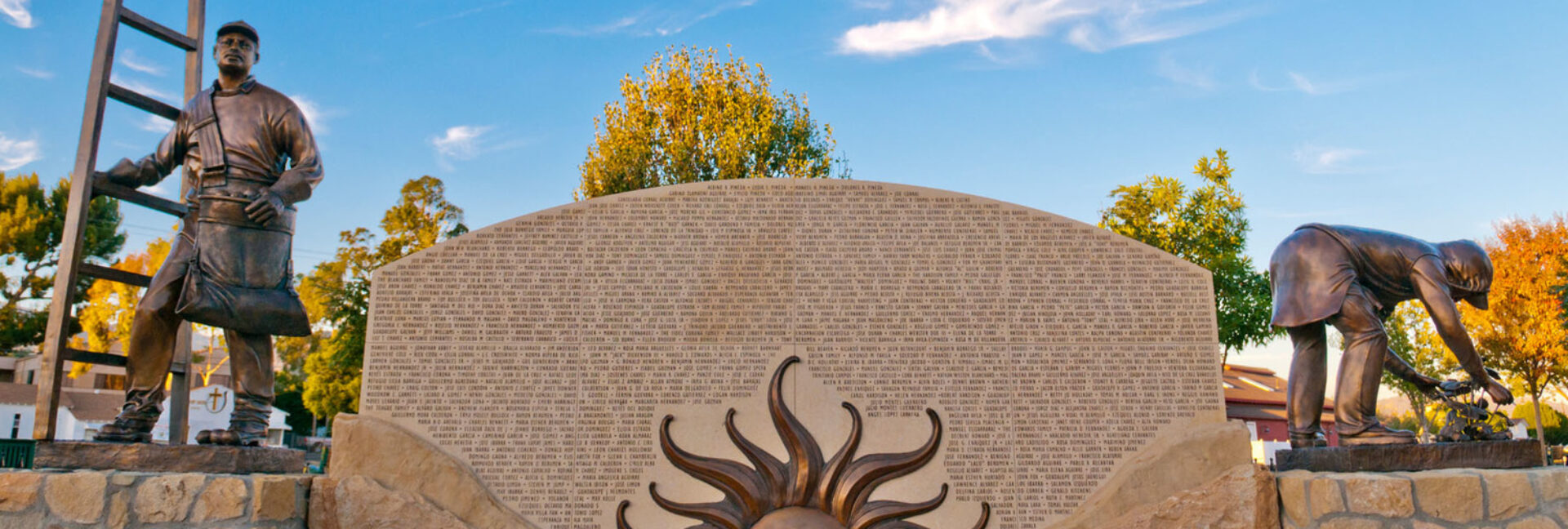
Untold Legacies: A Ventura County Ethnic Studies Reader
This edited book will bring together a collection of chapters that seek to re-interpret the history and cultural landscape of Ventura County through an Ethnic Studies lens. Sandwiched between Los Angeles County and Santa Barbara County, Ventura County is overshadowed by urban and tourist centers considered more significant to California’s development. Ventura County has a long agricultural history with immigrant farmers and workers who settled in original lands of Chumash people. The county’s historical narrative however has been steeped in a settler colonial mythology that presents a romantic and idealistic vision of the past. This narrative positions white pioneers and Spanish settlers at the center of the story at the exclusion of people of color and indigenous communities. This volume seeks to counter this dominant narrative of Ventura County through an Ethnic Studies lens.
Ethnic Studies is an interdisciplinary field of study of race, ethnicity, and indigeneity with a focus on the experiences and perspectives of the four historically minoritized racialized groups—Native American and Indigenous, African Americans, Asian American Pacific Islanders, and Chicano/a/s or Latino/as. By adopting an Ethnic Studies lens, we seek to widen and transform the perspective we use when looking at our region, nation, and world. There are several main features: (1) Critical Stance: Ethnic Studies takes a critical stance towards society, questioning, and naming power structures and taking critical action to dismantle them (2) Counter-Narratives: Ethnic Studies reframes dominant, white-centered narratives to elevate voices, perspectives, knowledges, images, and creative expressions of racially minoritized groups. (3) Intersectionality: Ethnic Studies engages intersectional thinking to understand multiple social identities within relations of power. (4) Relational: Ethnic Studies examines racism, colonialism and white supremacy through a relational framework that recognizes that racially minoritized groups are interrelated and intersect in multiple ways that may lead to interracial forms of solidarity.(5) Community Engagement: Ethnic Studies is about engaging with community partners in deeper way, by working with, not for, the community to enact social change. (6) Place-Based Pedagogy: Ethnic Studies is about transforming how students are taught. It starts with being responsive to student’s lived experiences within their place, community and culture.
We invite scholars, educators, poets, novelists, and image-makers who have written or created artistic expressions about Ventura County. The proposed contributions may be scholarly essays, testimonios, photo essays, artwork, and other creative expressions that center the experiences of Native American and Indigenous, African Americans, Asian American Pacific Islanders, and Chicano/a/s or Latino/as in Ventura County. We welcome a diversity of contributions interpreted through one or several Ethnic Studies lens(es).
If you are interested in contributing to this volume, please submit a name, title, email, and an abstract with 500 words max by May 30, 2024 to the following link:
https://docs.google.com/forms/d/1tSbwttQVIkCVRCWec2VIVnoK7Bs38z5-6Z2Sfw7oi9s/edit
For more information, please contact Dr. José M. Alamillo at jose.alamillo@csuci.edu
